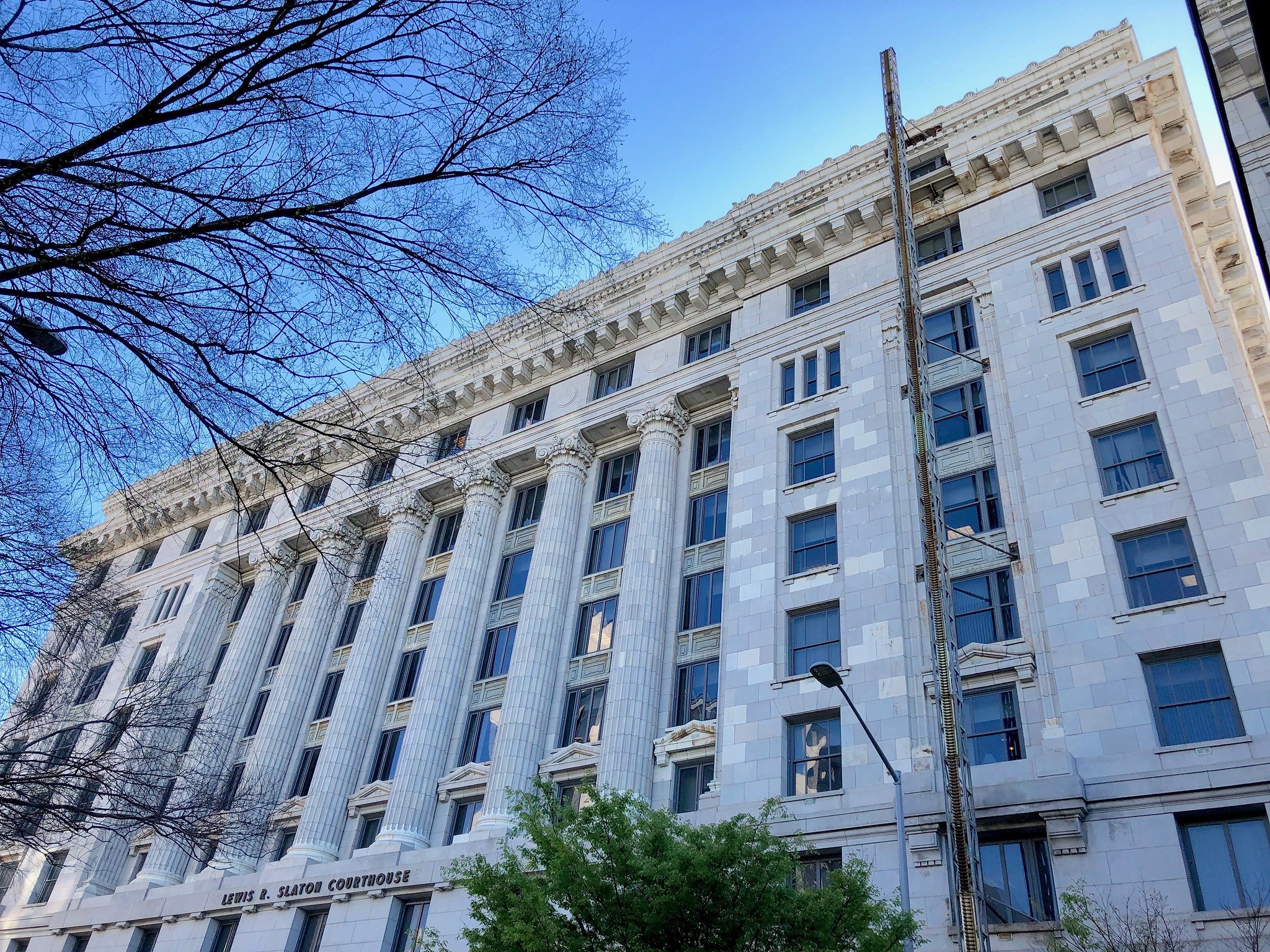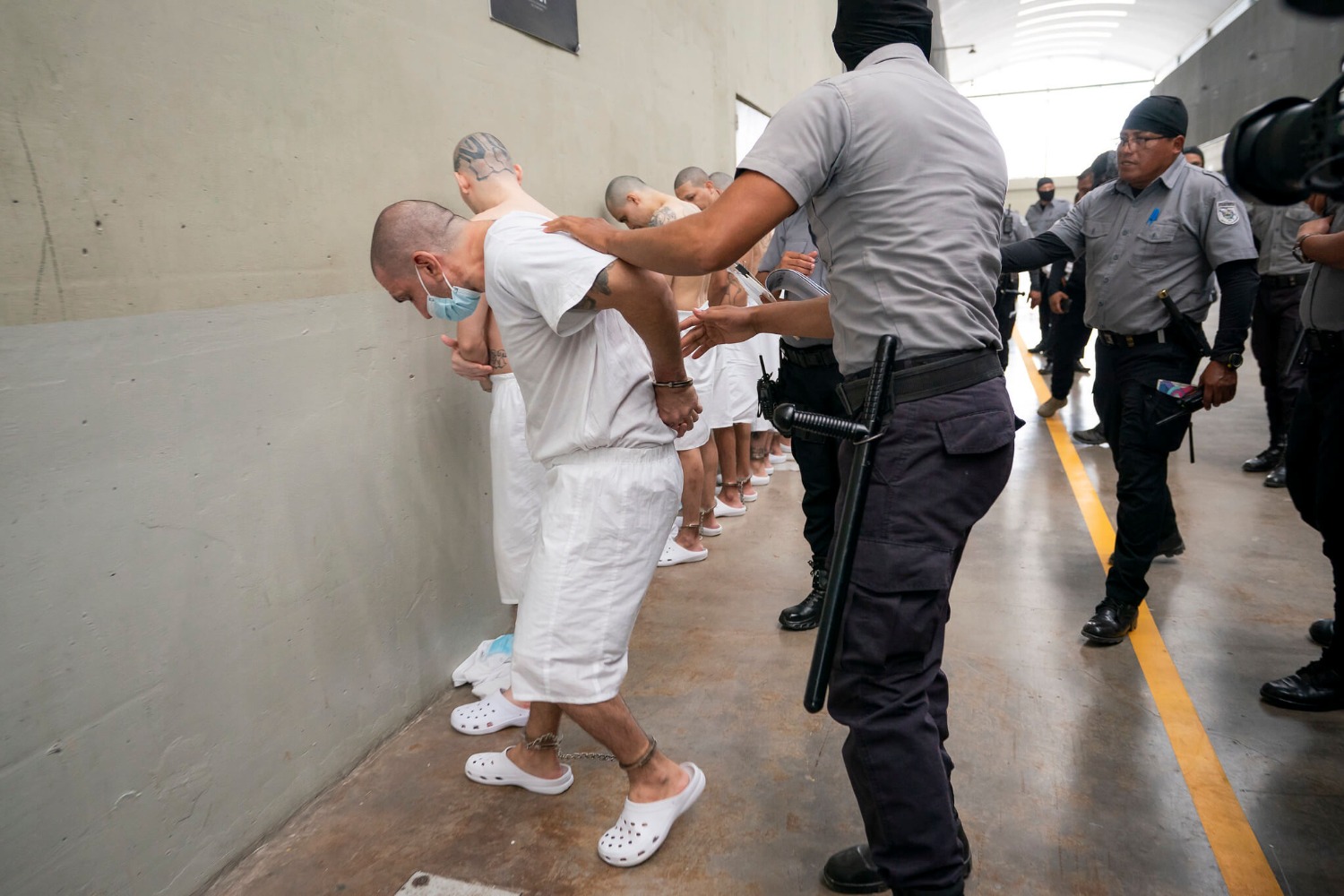Five Observations About the Georgia Special Purpose Grand Jury Report

Published by The Lawfare Institute
in Cooperation With

Fulton County Superior Court Judge Robert McBurney today released the full final report of the special purpose grand jury that spent more than seven months investigating efforts to overturn the results of the 2020 presidential election in Georgia.
The document is far less dramatic coming after District Attorney Fani Willis’s indictment of 19 defendants than it would have been before it. It contains no narrative and almost no explanatory material, just a list of charges the grand jurors recommend against a long list of possible defendants and the votes that accompanied the recommendations.
Still, the document gives rise to a number of insights into the case. Here are five observations on reading the special grand jury’s report:
First, the newly released portions of the report includes seven sections detailing the grand jury’s recommended charges and vote breakdown.
Six of those sections deal with discrete categories of conduct, including the infamous Jan 2., 2021 Brad Raffensperger phone call; “repeated communications” pressuring Georgia officials between Nov. 2020 and Jan. 2021; various statements at Georgia state legislative hearings in Dec. 2020; harassment of elections workers; and unauthorized access to voting systems in Coffee County, Georgia.
The seventh section deals more generally with “the national effort to overturn the 2020 presidential election” in multiple states.
The report kicks off with recommendations regarding the conduct that triggered District Attorney Fani Willis’s investigation in the first place: The phone call in which then-President Donald Trump pressured Georgia Secretary of State Brad Raffensperger to “find” 11,780 votes so that Trump, rather than Joe Biden, would win the state’s 16 electoral votes.
With respect to Trump, an overwhelming majority of the grand jurors recommended that the district attorney seek indictments against him for a litany of offenses related to the call. Elsewhere in the report, the jurors also recommend charges against Trump in connection to separate communications with Georgia officials and other efforts to overturn the 2020 election. For each of the charges recommended for Trump, one juror—though perhaps not the same juror—voted against the charges.
Second, comparing the special grand jury report to the indictment indicates that Willis did not feel especially beholden to the jurors’ recommendations on indictments. In some instances, she declined to charge Trump with crimes that the grand jury thought she should pursue. For example, the jurors recommended six discrete charges against Trump in connection to the Raffensperger call, including influencing witnesses, criminal solicitation to commit election fraud, election interference, and making false statements.
In the indictment, however, Trump is only charged under one of the statutes recommended by the grand jurors in relation to the call: O.C.G.A § 16-10-20, which prohibits the making of a “false, fictitious, or fraudulent statement or representation” in any matter within the jurisdiction of the state or its political subdivisions.
In other respects, however, Willis’s charging strategy in the indictment goes beyond what the grand jury recommended. Comparing charges related to the Raffensperger call again illustrates where Willis and the special grand jurors diverged: In the indictment, Trump’s charges with respect to the Raffensperger call are rooted in the state’s criminal solicitation statute, O.C.G.A. § 16-4-7, which makes it a crime to solicit another person to engage in a felony. The felony Trump allegedly solicited on the Raffensperger call is O.C.G.A. § 16-10-1, a provision that for “[a]ny public officer who willfully and intentionally violates the terms of his oath as prescribed by law[.]” Yet the grand jury report does not mention O.C.G.A. § 16-10-1 in relation to the Raffensperger call or any other conduct examined by the grand jury.
Third, the grand jury recommended charges against a clutch of Trump allies who were not indicted.
The report reveals that the grand jury asked the district attorney to seek indictments against 21 individuals who were not charged in the indictment against Trump and 18 others. Among the list of individuals who escaped criminal charges:
● U.S. Senator (R-S.C.) Lindsey Graham
● Former White House National Security Adviser Michael Flynn
● Former U.S. Senators (R-G.A.) David Perdue and Kelly Loeffler
● Former Georgia state Senator William Ligon
● Georgia Lieutenant Governor Burt Jones
● Former Trump campaign attorneys Cleta Mitchell, Lin Wood, Kurt Hilbert, and Alex Kaufman
● 13 of the 16 “fake electors”
The district attorney’s rationale for foregoing an indictment against these individuals is unknown, but it does not require much guesswork to understand why some of these names do not appear in the indictment. With respect to Lieutenant Governor Burt Jones, for example, Willis could not lawfully include him on the indictment because her office was disqualified from investigating him last year.
Other individuals who were not charged have immunity deals in place. Earlier this year, court filings indicated that at least eight of the “fake electors” entered into an immunity agreement with the district attorney’s office. Other individuals may have struck similar deals. Notably, two of the former Trump campaign attorneys who were recommended for indictment in the special grand jury’s report—Alex Kaufman and Kurt Hilbert—were subpoenaed to testify as witnesses for the prosecution at a recent hearing on Mark Meadows’s bid to move the prosecution to federal court.
Prosecutors could have had a range of other reasons for choosing not to pursue indictments against other individuals whom the grand jurors saw as ham sandwiches. One reason may involve concerns over whether a conviction would be sustainable. While the prosecution at trial must prove its case “beyond reasonable doubt,” in grand jury proceedings the state need only show that there is “probable cause” to believe that the accused committed a crime. The prospect of actually litigating a case may have, in some cases, concentrated prosecutorial minds.
Yet even measured against this relatively low standard of proof, the report shows that in some cases, the special grand jurors were divided about whether the evidence amounted to criminal conduct. In voting on whether to recommend charges against Sens. Graham, Perdue, and Loeffler for the “national effort to overturn the 2020 election” in multiple states, several grand jurors voted “no.” While the majority of the grand jurors did recommend charges against the trio, the number of dissidents may have been enough to make Willis skeptical about the prospect of sustaining a conviction. And, in any event, Willis almost certainly realized that any case against Graham, Loeffler, or Perdue—each of whom were sitting Senators during the alleged efforts to overturn the election—would have been complicated by the inevitable argument that their conduct was protected by the Speech or Debate Clause.
Other decisions not to charge certain individuals are equally opaque and intriguing. Most notably, the grand jury overwhelmingly voted to recommend charges against Cleta Mitchell, an attorney who worked on the Trump campaign’s post-election efforts in Georgia and who participated in the Jan. 2, 2021 phone call to Raffensperger. Although there were other participants on that phone call—including Meadows, Kaufman, and Hilbert—the grand jury only recommended charges against Mitchell and Trump in relation to it. Yet Mitchell is conspicuously absent in the indictment. And it is Meadows, not Mitchell, who is now charged alongside Trump for allegedly soliciting Raffensperger to violate his oath of office.
Fourth, whom the special grand jury omitted from its final report is almost as interesting as whom it included.
The most conspicuous of these omissions is Mike Roman, the Trump campaign operative charged in the indictment in connection to his role organizing the false slate of electors. While the grand jury recommended indictments against Roman’s 18 co-defendants, his name appears nowhere in the document.
This omission clearly reflects the fact that Willis’s investigation continued for more than eight months after the special purpose grand jury completed its report in Dec. of 2022. It was only after the grand jury completed its report that the Jan. 6 Committee released its final report and a trove of supporting documents, some of which may have provided additional insight into Roman’s role in coordinating the fake electors scheme.
Finally, fifth, the special grand jury’s report has been entirely OBE. The case that Trump and his co-defendants face is the one Willis brought, not the one the special grand jurors recommended. The major significance of the document in the long term may be that it shows that Willis could have been significantly more aggressive than she has been, in fact. However much of a bombshell her indictment has been, think how much more explosive it would have been had she included three sitting or former senators, Cleta Mitchell, Michael Flynn, and a raft of other Trump lawyers and fake electors. While Willis has faced criticism in public for being too aggressive, the pressures on her from the grand jury room seem to have been overwhelmingly in the other direction.



.jpg?sfvrsn=676ddf0d_7)

